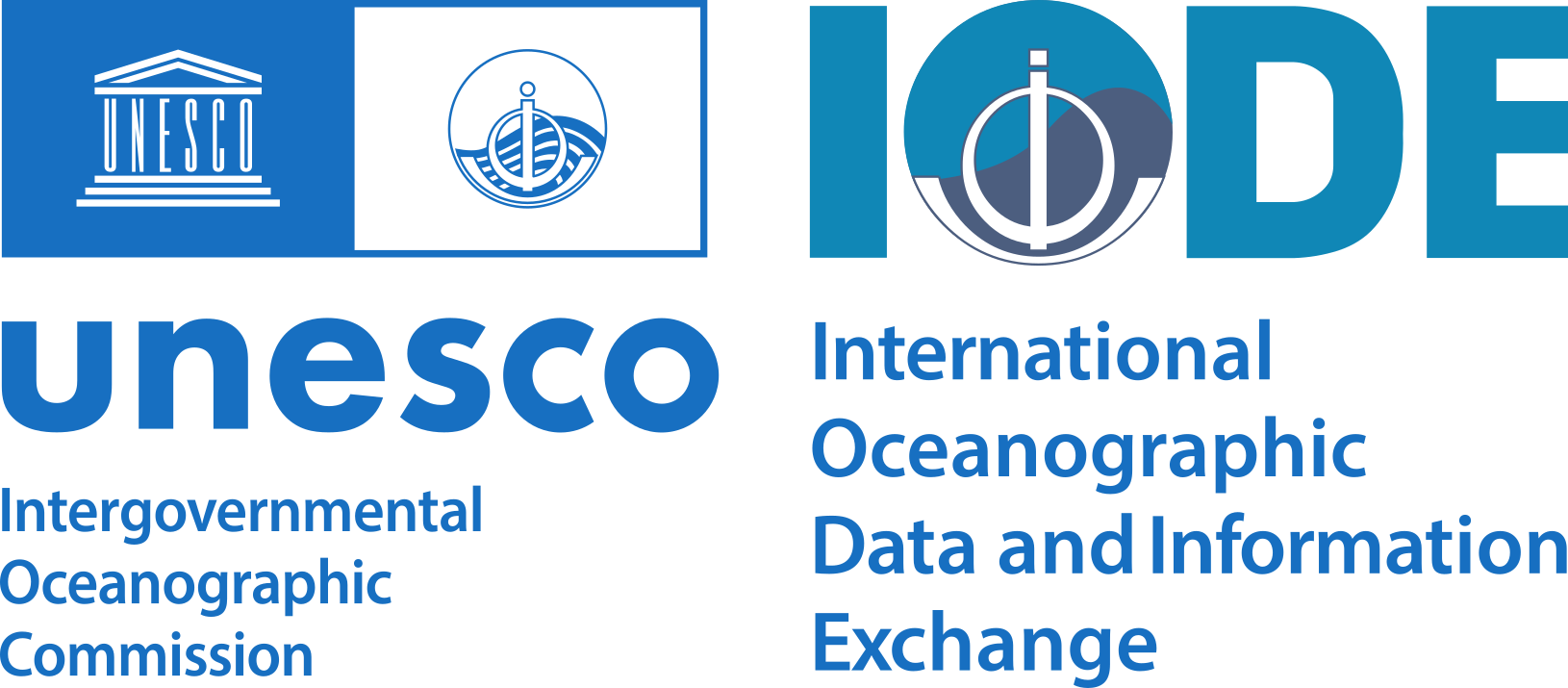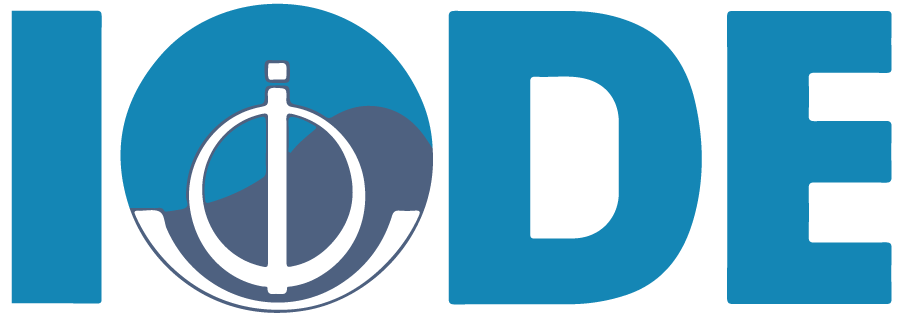WHAT IS DATA INFORMATION?
Within the context of IOC and its IODE, data and information are defined as follows:
- Data: Data is a set of values, symbols or signs (recorded on any type of medium) that represent one or more properties of an entity. (source: Implementation Plan Ocean Decade)
- Information: Information is the results obtained after processing, interpreting, and organizing facts/data (recorded on any type of medium). Examples are publications, videos, graphs, maps, databases (directory of scientists or organizations), etc.
WHAT IS IODE?
The International Oceanographic Data and Information Exchange (IODE) of the Intergovernmental Oceanographic Commission (IOC) of UNESCO was established in 1961. Its purpose is to enhance marine research, exploitation and development, by facilitating the exchange of oceanographic data and information between participating Member States, and by meeting the needs of users for data and information products.
The IODE programme coordinates a global network of more than 100 National Oceanographic Data Centres (NODCs), Associate Data Units (ADUs) and Associate Information Units (AIUs). These centres manage and make available millions of ocean observations that contribute to ocean data products and services developed and used by other IOC programmes, supporting a wide range of applications for the ocean community and society in general.
The IODE programme is a core element in the IOC value chain (Function B) as shown in the diagram below. IOC generates value through interaction of all its functions and maximises value as an end-to-end system, in which observations and research enable various services and assessments, leading to informed decisions by society and guidance to policy-makers and experts. Ocean research and observation data are then “fed” into the data centres connected by IODE. As the IOC work is accomplished and new demands are created, feedback leads to a constantly evolving network prepared to support present and future delivery of new observations, science and services. IOC capacity development acts as the catalyst of the whole system, working both at the cutting edge of data and information exchange and assuring no one is left behind. The knowledge acquired and generated through the value chain results, inter alia, in publications, reports and other documentation. This output, together with information on the ocean professionals that generated the documentation is also covered by the IODE programme through its “marine information management” activities.




